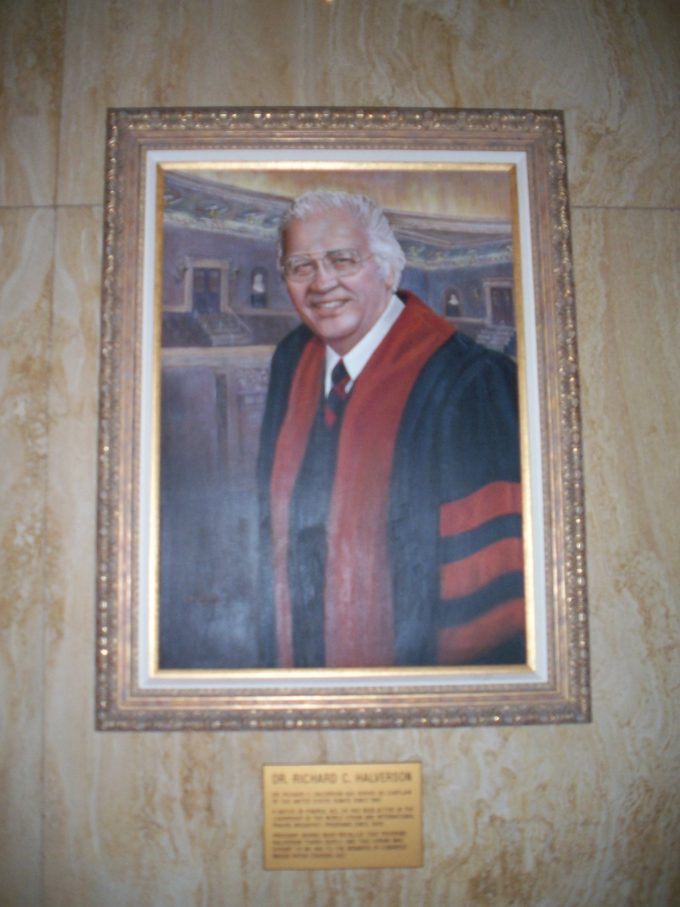
Friday, 2 August 2019
Out of the same mouth proceed blessing and cursing. My brethren, these things ought not to be so. James 3:10
The previous thought from James is that with our mouths we both bless our God and Father, and with it we also curse men who were created in God’s image. Now he shows how inappropriate that is by saying that “Out of the same mouth proceed blessing and cursing.”
Here, he gives a general repeat of what he has just said in order to show that these things do, in fact, occur. We do bless God while at the same time we do curse men made in His image. It is no longer an abstract example of what might be, but a concrete statement of what happens. However, though this is the case, he continues with, “My brethren, these things ought not to be so.”
The verb translated as “to be” is in a form which signifies something like, “these things should not come to pass in this way.” This is what is known as a litotes, which is an ironic understatement where something spoken as a negative is making an affirmative statement. If someone says, “You won’t be sorry,” he actually means, “You will be happy about the result.” This is what James is doing. In saying that such things should not come about, he is indicating that they do come about, and that it is inappropriate that such things occur.
Charles Ellicott notes the following concerning the term, “ought not” –
“The Greek equivalent for this is only found here in the New Testament, and seems strangely weak when we reflect on the usual vehemence of the writer. Was he sadly conscious of the failure beforehand of his protest? At least, there seems no trace of satire in the sorrowful cadence of his lines, ‘Out of the same mouth!’”
In other words, though this matter is spoken against, it is almost a given that it does occur and will continue to occur. It seems to be a sad resignation that man finds himself unable to curb his tongue. Even James, then, must have felt the conviction of the offense as he wrote.
Life application: One of the many contradictions of our lives is set before us here by James. We bless one person, of whom we are favorably disposed toward, and we then turn around to tear down another person we dislike. We praise God with our lips on Sunday morning and then speak words which diminish His glorious name on Monday. All are guilty of this to some extent. But suppose we don’t directly speak the Lord’s name in a profane way – do we still allow ourselves to watch movies that do?
It’s hard to see a movie today that has a PG rating or higher that doesn’t contain profanity of some sort and most of them include the use of the name of Jesus or God in a profane way. Although we’re not actively cursing in this way, we are passively receiving this when we watch. Each of us needs to evaluate this and come to a decision about what we will and won’t allow into our lives. We should then to stick to it as best as we can.
These are only some examples of the myriad of them that we demonstrate each day, but they do indicate what our walk with the Lord is like to others. When they see us using demeaning words towards others, they know the state of our heart. When we allow our lips to diminish the name of the Lord, we condone such talk in their lives as well.
We should make every effort to carefully use our tongues towards others and allow them to only speak praises, not smears; blessings, not curses. When we fail, as we certainly will, let us remember to acknowledge our fault and do our best to go forward with the determination to not continue down that path.
O Lord, our tongues are not always free from words that are impure or which diminish Your glory in the eyes of others. We fail to bless and instead we curse. We fail to praise and instead we smear. No matter what others do, give us the strength to prevail over this error which so easily arises in our daily lives. We love You, and want that love to be apparent to all through the words of our mouths and through our daily lives. Amen.




